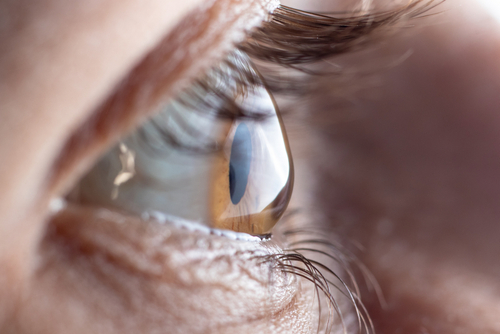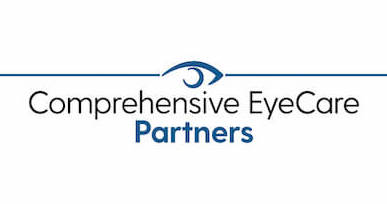
The cornea is the transparent, dome-shaped surface covering the front of the eye. It is a crucial part of the eye and plays a leading role in maintaining clear vision.
Keep reading to learn more about the cornea, including its function and where it is located!
How is the Cornea Structured?
The cornea is composed of five layers, each of which serves a specific function:
Epithelium: This is the outermost layer and provides a barrier against dust, debris, and bacteria.
It absorbs oxygen and nutrients from tears and then distributes them to the rest of the cornea.
Bowman’s Layer: This tough layer lies below the epithelium, protecting and maintaining the cornea’s shape.
Stroma: The stroma is the thickest layer. Composed of collagen fibers and keratocytes (corneal cells), it provides structural support and contributes to the cornea’s transparency.
Descemet’s Membrane: This thin, but strong layer acts as the support membrane for the endothelium.
Endothelium: This is the innermost layer of the cornea, responsible for maintaining corneal hydration and transparency by pumping excess fluid out of the stroma.
What Does the Cornea Do?
The cornea plays many roles and has many primary functions, such as:
Refraction: The cornea contributes about two-thirds of the eye’s total optical power. Its curved shape bends (refracts) incoming light onto the lens, further focusing the light onto the retina.
Protection: The cornea acts as a barrier against potential eye irritants like dust, germs, and pollen or mold spores.
Filtration: The cornea filters out a significant amount of harmful UV light, which can damage the inner structures of the eye.
What Are Some Common Corneal Conditions?
Several conditions can affect the cornea. Some are more common than others.
Some of the most common corneal conditions:
Refractive Errors
When the cornea is misshapen, it can cause refractive errors like nearsightedness, farsightedness, and astigmatism.
Corneal Abrasion
Corneal abrasions are scratches on or injuries to the corneal surface that can cause pain, blurry vision, tearing, redness, and sensitivity to light.
Corneal Ulcers
Corneal ulcers are open sores on the cornea, usually caused by infection or injury.
Keratitis
Keratitis is the inflammation of the cornea, often caused by infection (bacterial, viral, fungal) or injury.
Keratoconus
Keratoconus occurs when the cornea thins out and bulges out in a cone shape, which can lead to serious vision impairment.
Fuchs’ Dystrophy
Fuchs’ dystrophy is a degenerative disease that affects the endothelium, leading to corneal -swelling and cloudiness.
How Are Corneal Conditions Treated?
Depending on the corneal condition, several treatments are available.
These include:
Medications
Antibiotic, antifungal, or antiviral eye drops for infections can treat corneal abrasions and minor ulcers, while anti-inflammatory medications can address keratitis.
Laser Surgeries
Laser surgeries, like LASIK, can correct refractive errors by reshaping the cornea.
Corneal Transplantation
Corneal transplantation, or keratoplasty, is a surgical procedure where a damaged or diseased cornea is replaced with a donor cornea. There are different types of keratoplasty, including penetrating keratoplasty, deep anterior lamellar keratoplasty, and endothelial keratoplasty.
How Can I Protect My Cornea?
Because the cornea is so important to the quality of your vision, it’s important to take steps to protect it from harm. Here are some of the best ways to protect your cornea:
- Wear protective eyewear when out in the sun, working with tools, playing contact sports, or handling chemicals
- Always wash your hands before touching your eyes or handling contact lenses
- Manage dry eyes by staying hydrated, running humidifiers, and using lubricating eye drops
- Avoid rubbing your eyes
- Schedule regular comprehensive eye exams to detect and address any potential corneal issues early
Healthy corneas are essential to healthy eyes! You can help ensure the clarity and quality of your vision by getting to know all there is to know about the cornea and doing all you can to protect it from harm.
Do you want to have your corneas checked to ensure you’re not at risk for any corneal conditions? Schedule an appointment at Shepherd Eye Center at one of our 5 locations in Las Vegas or Henderson, NV, today!


